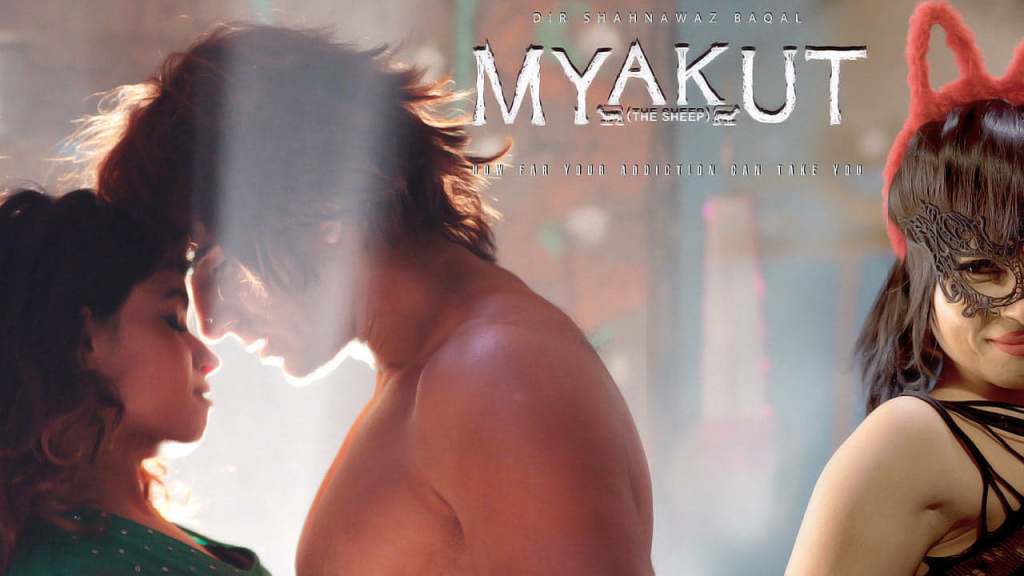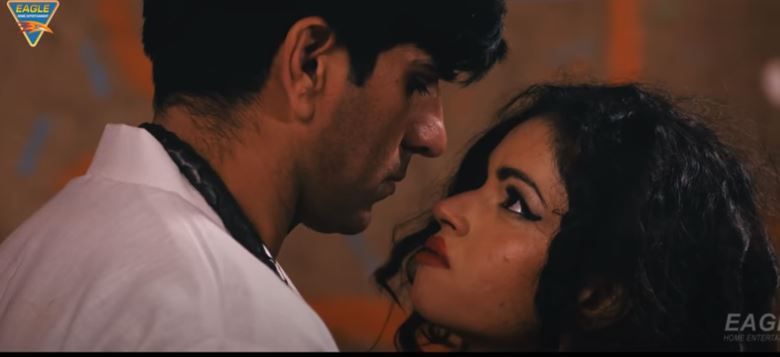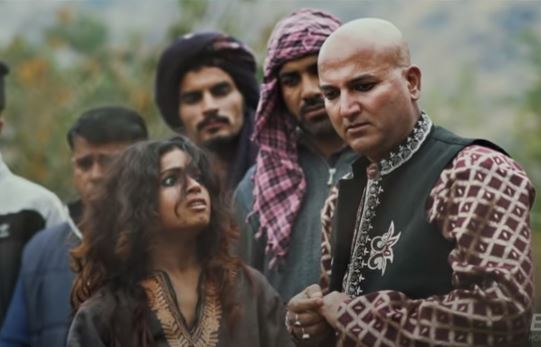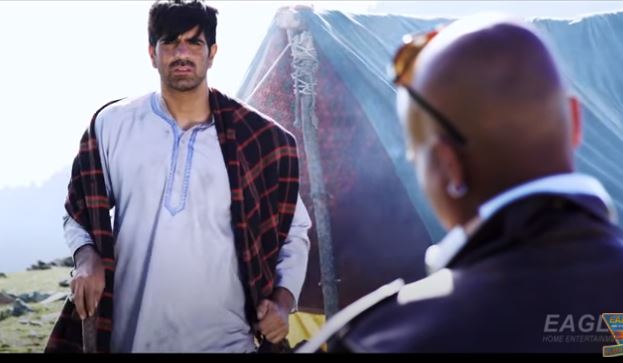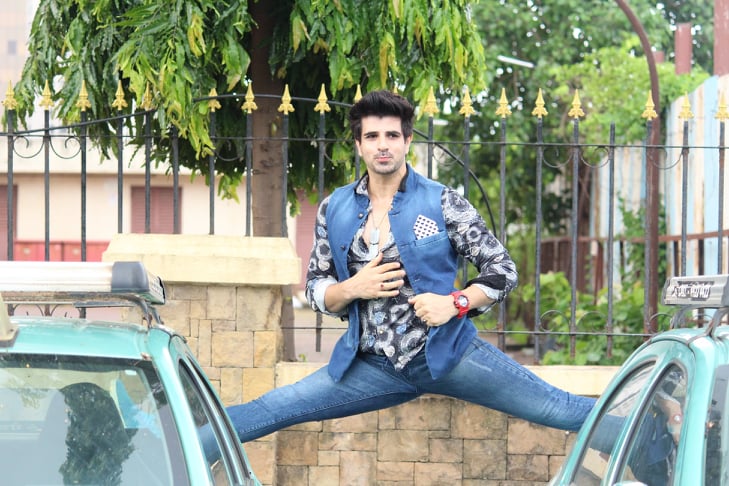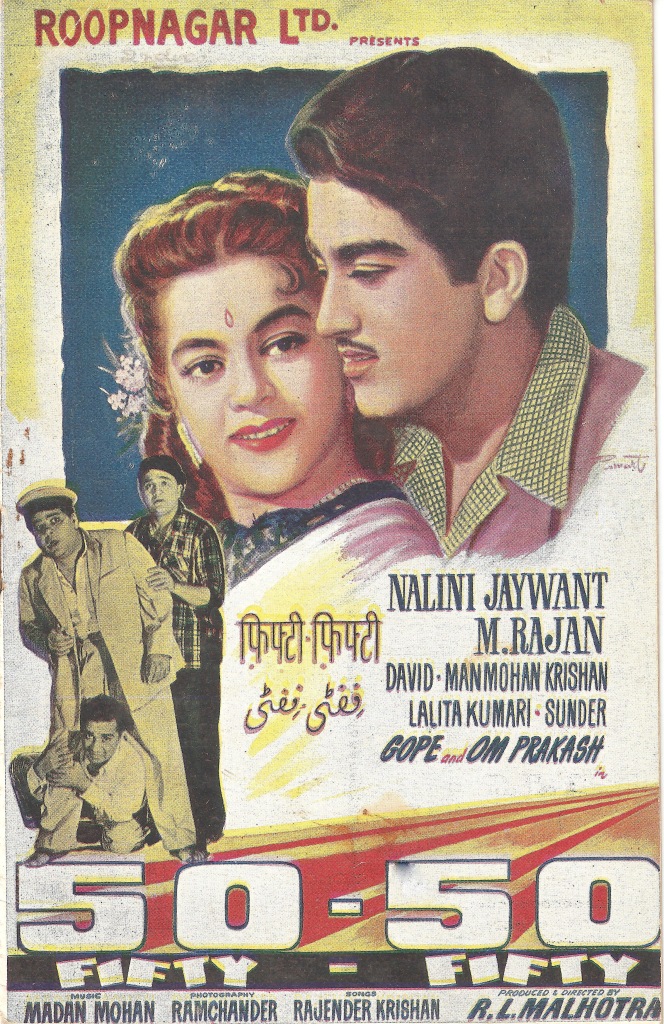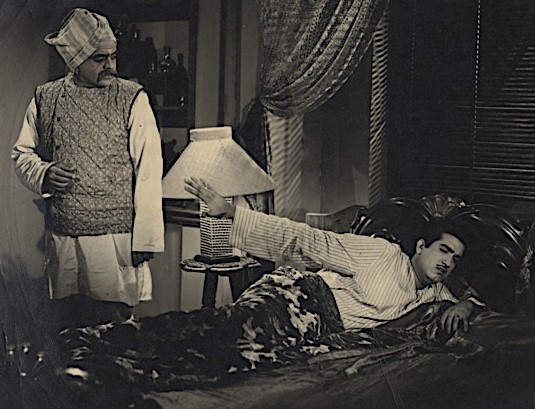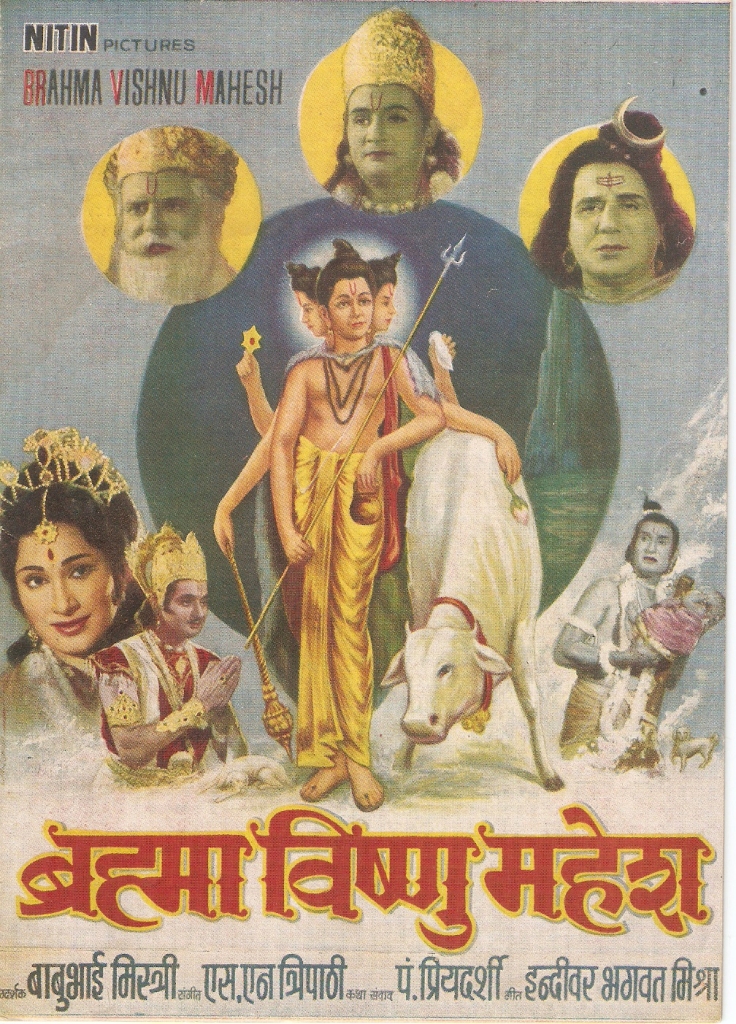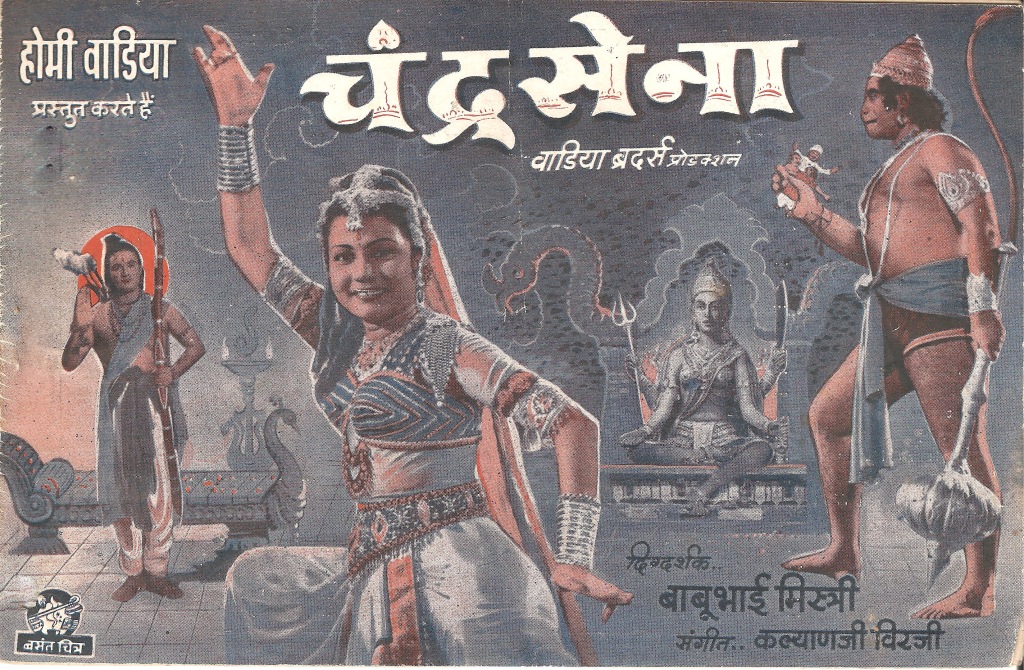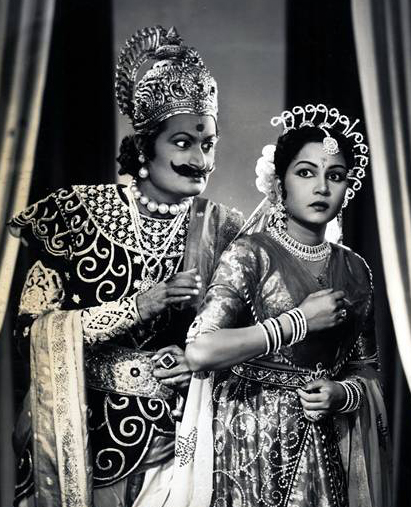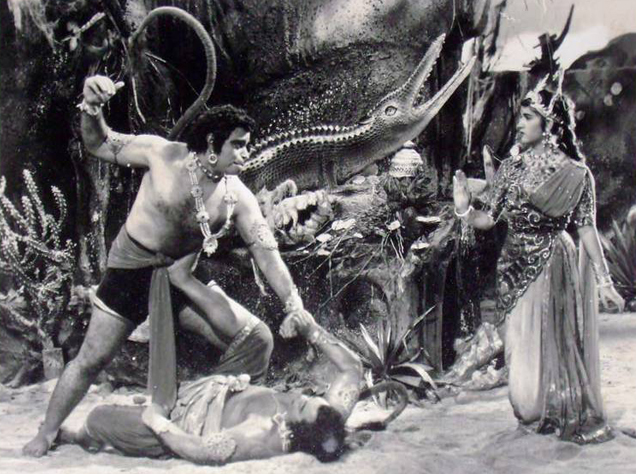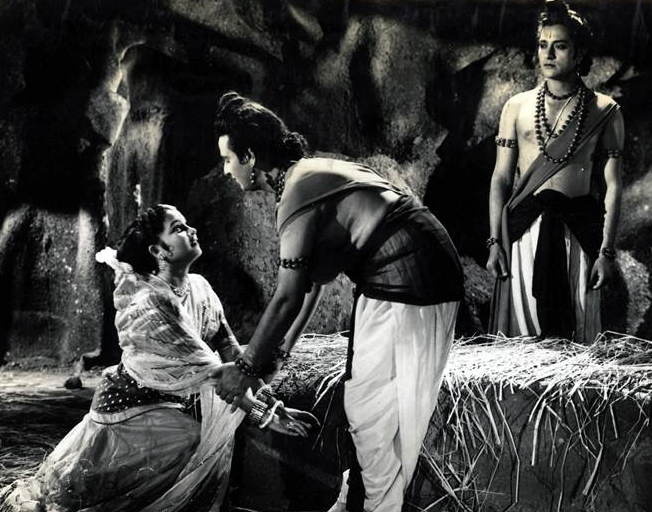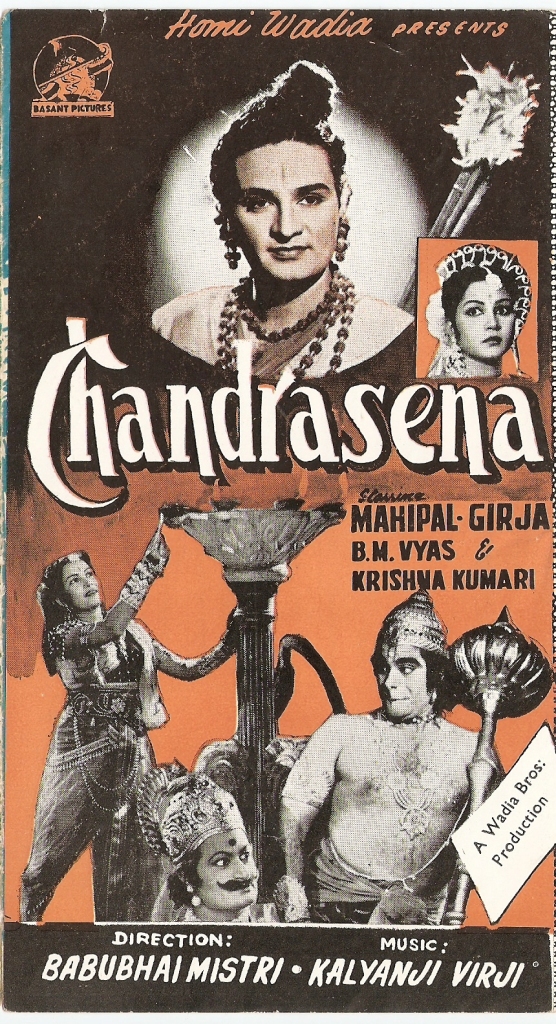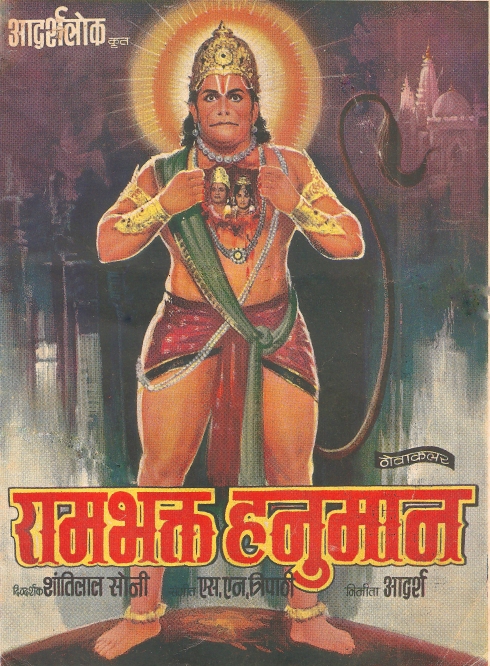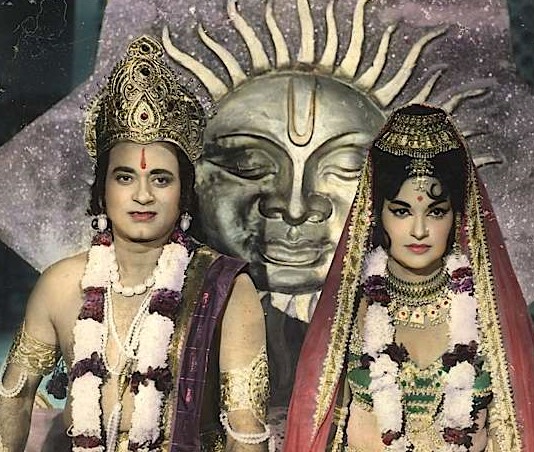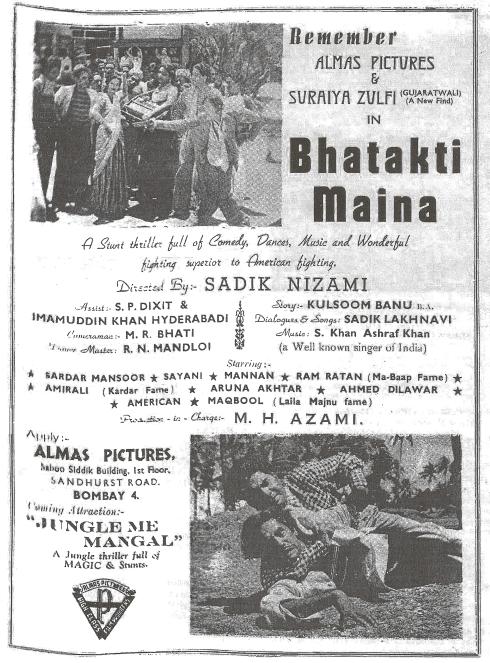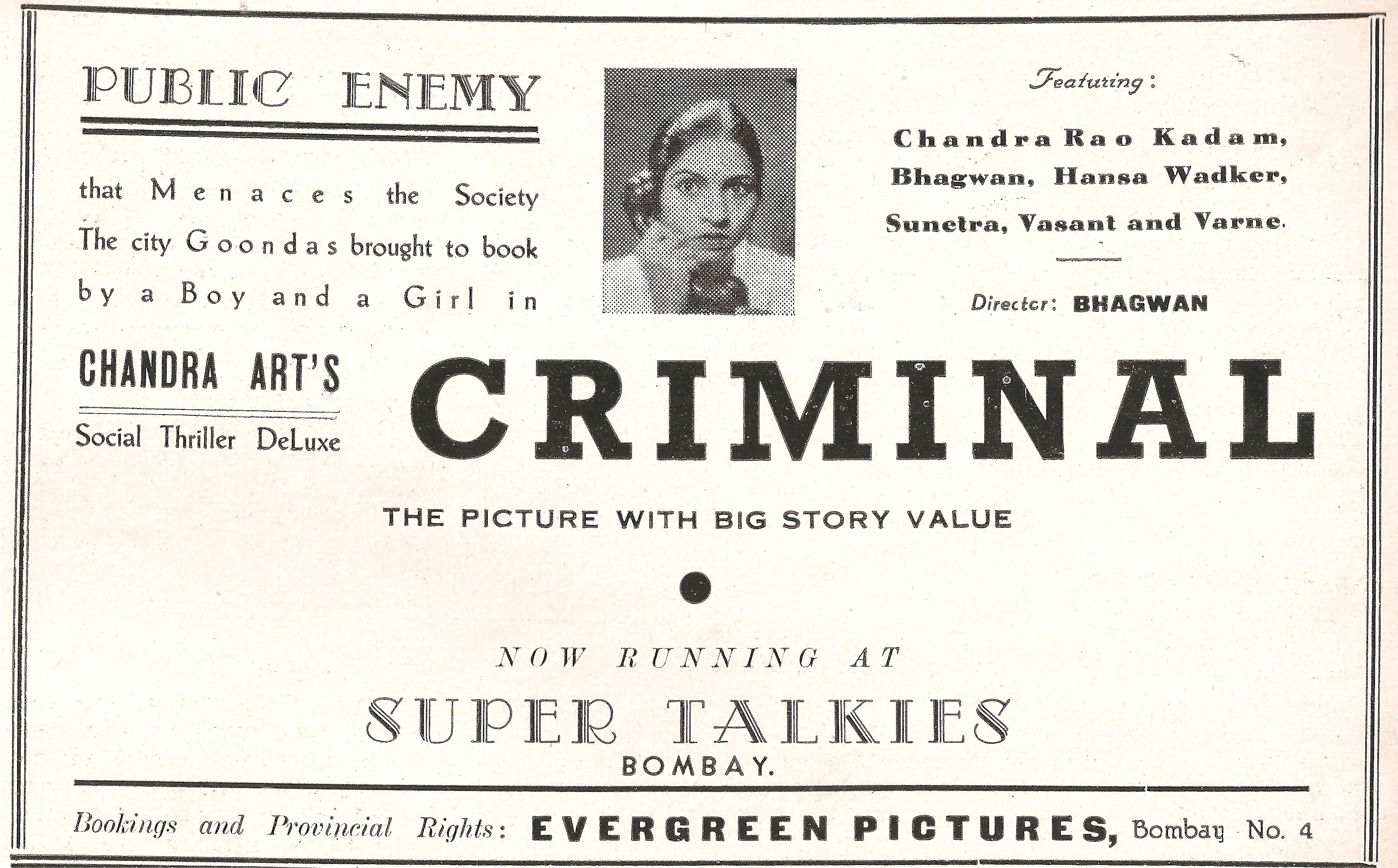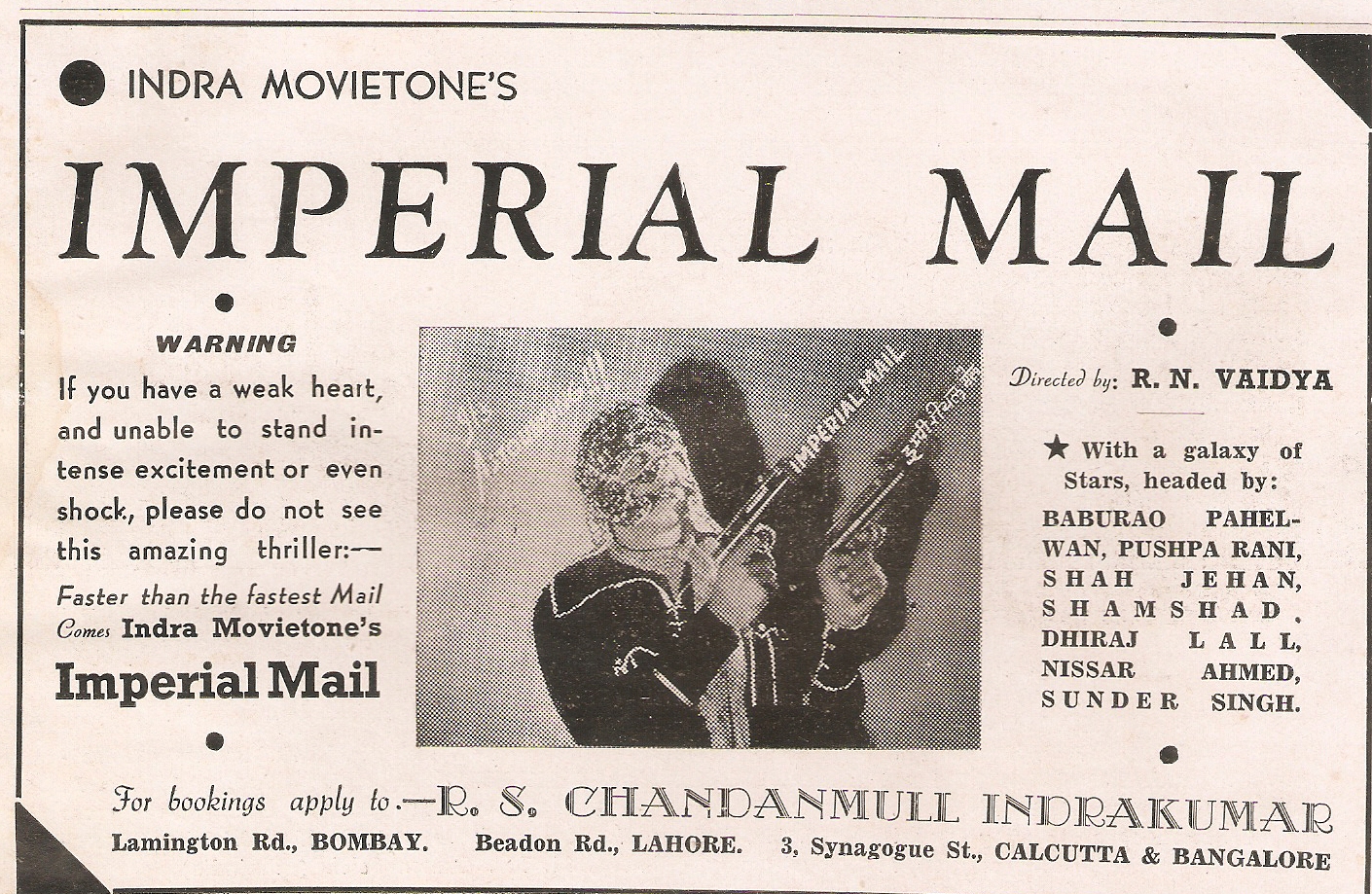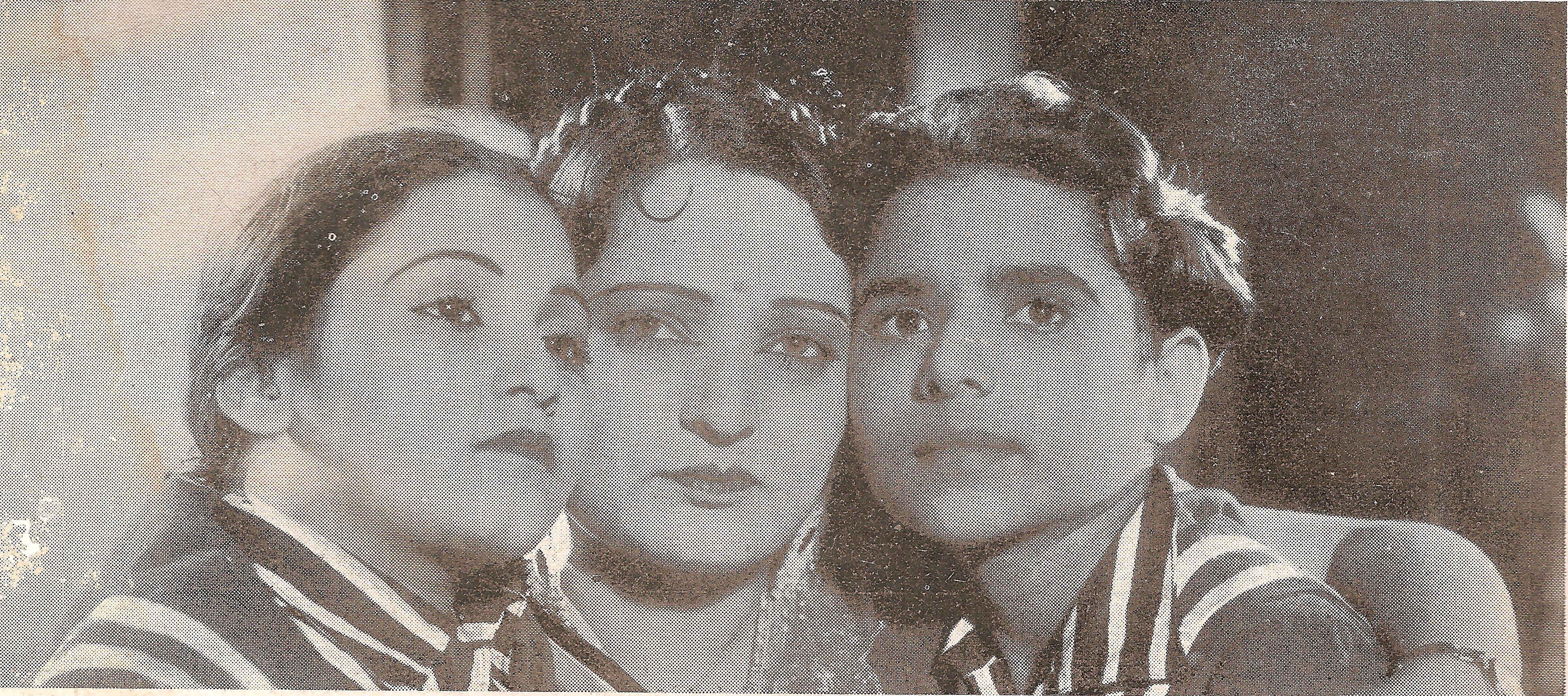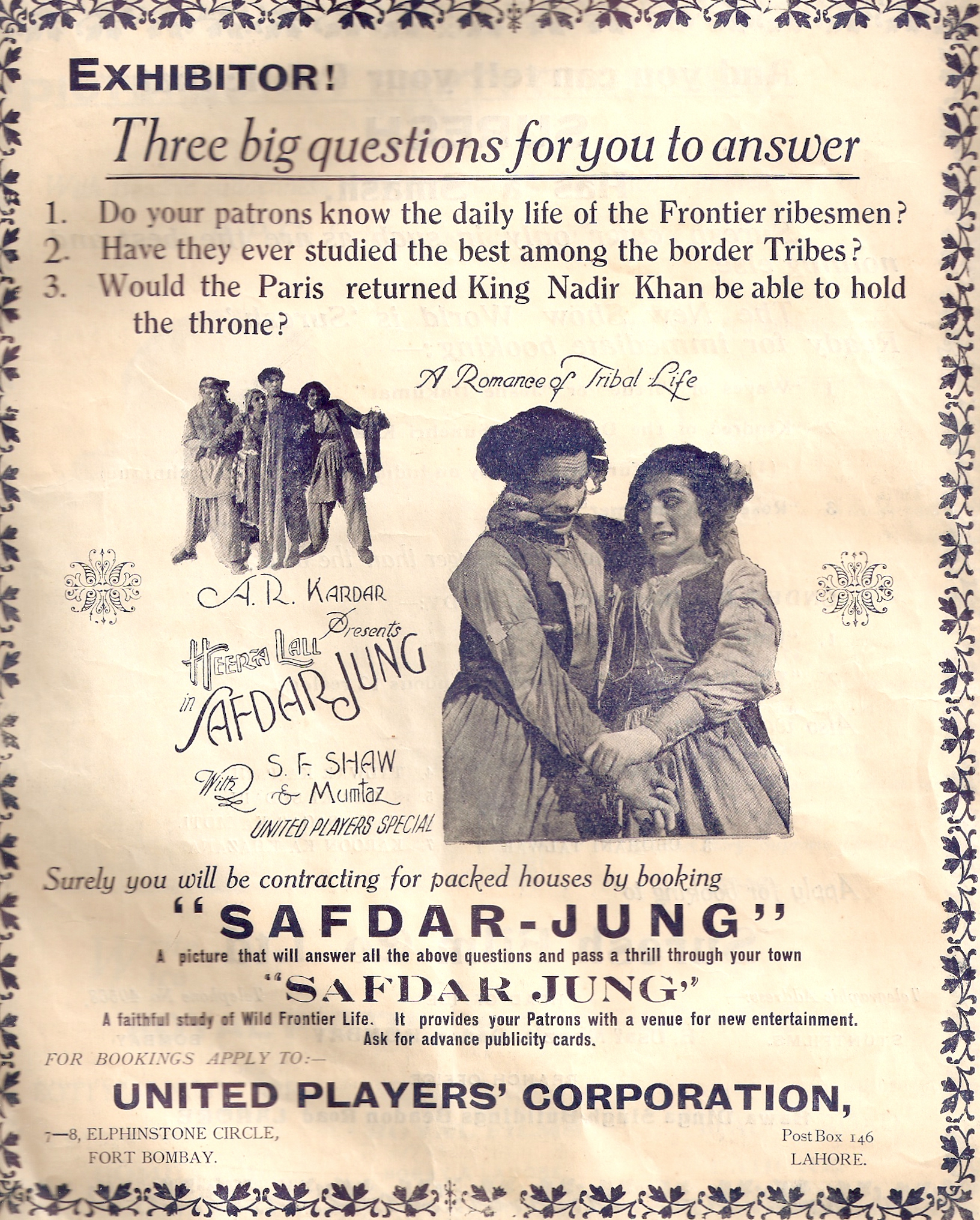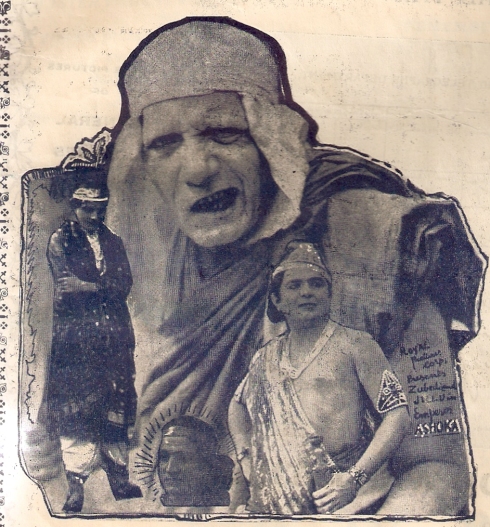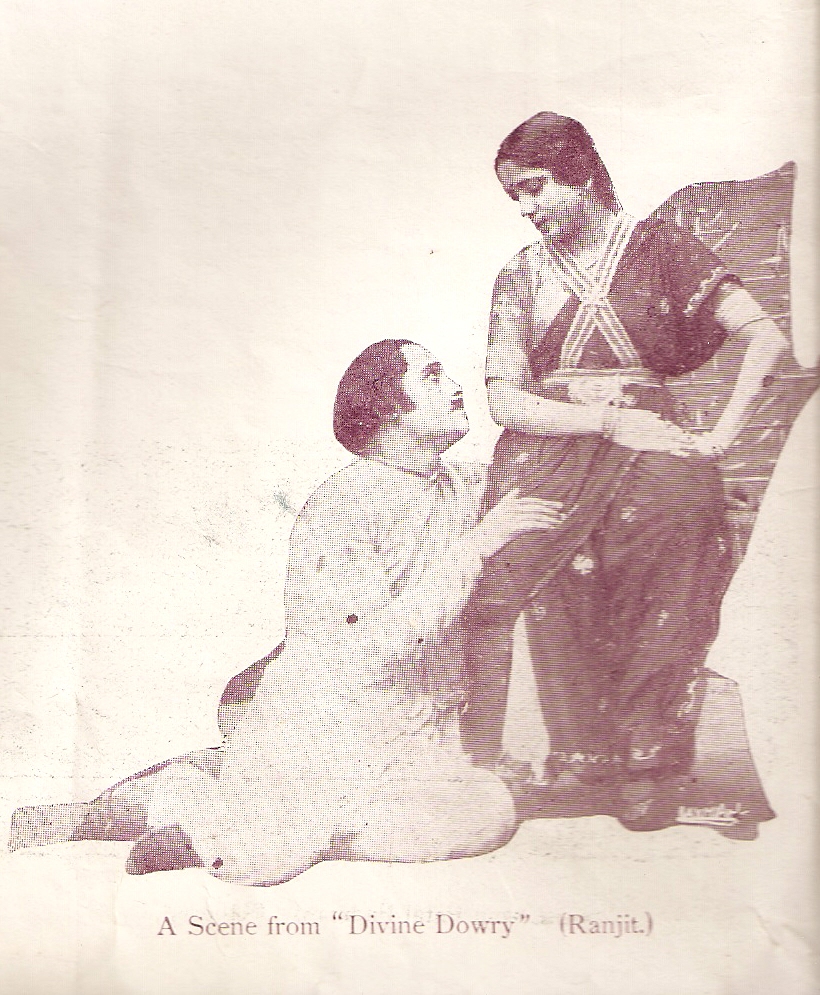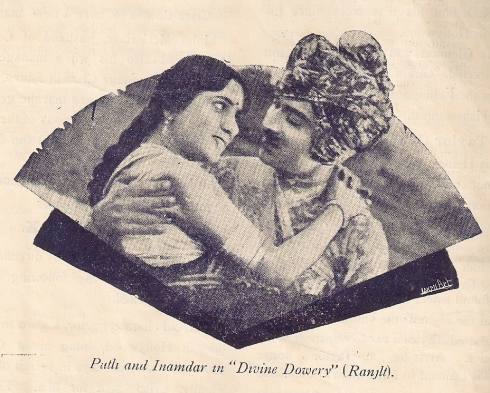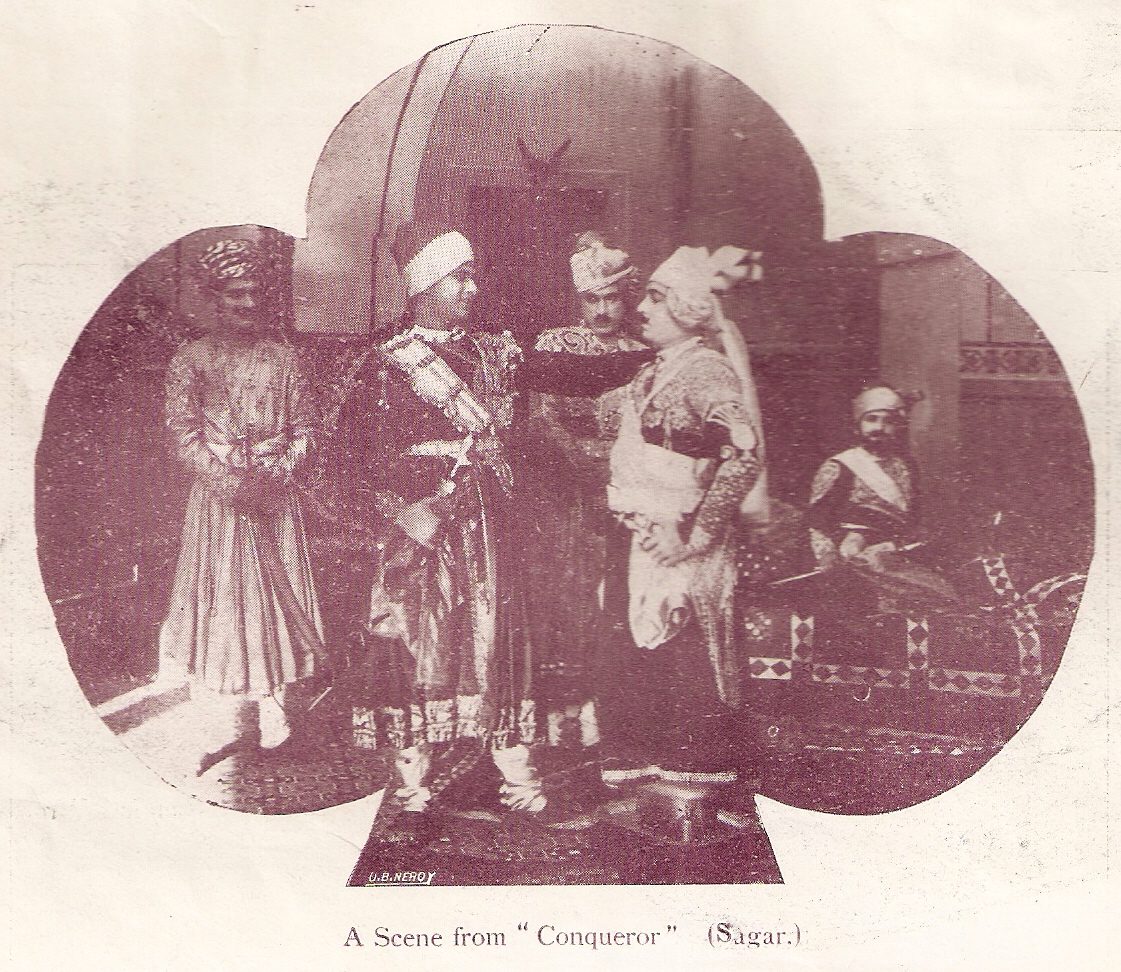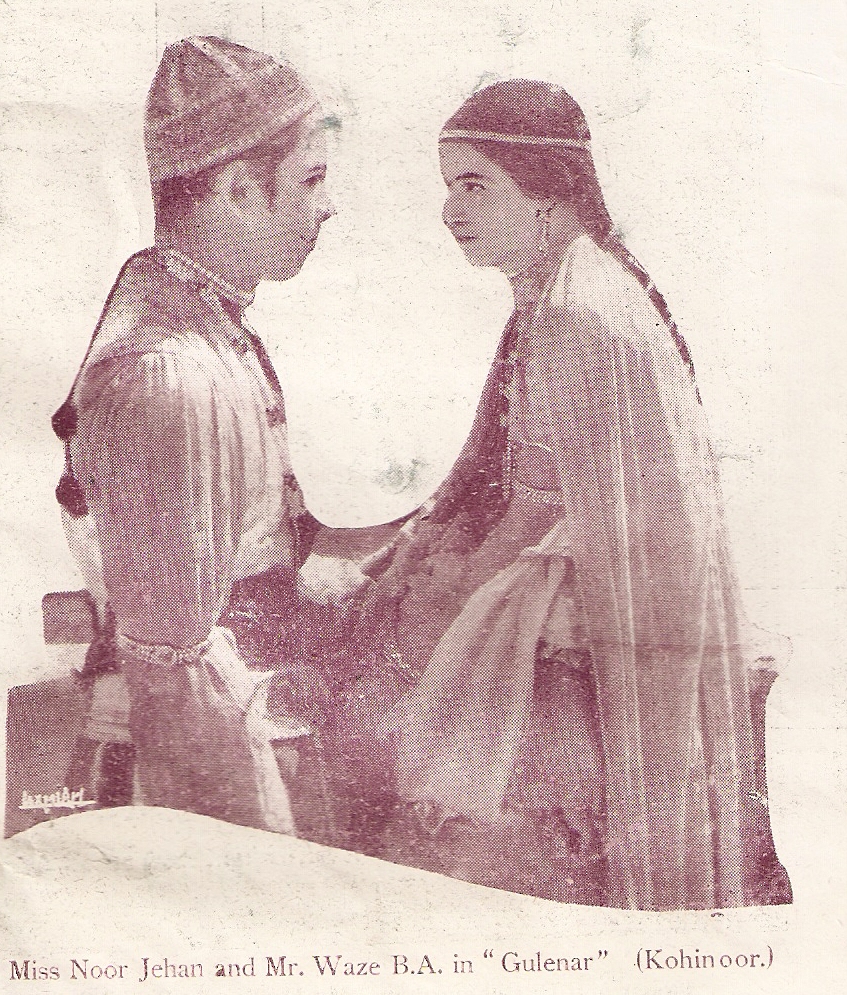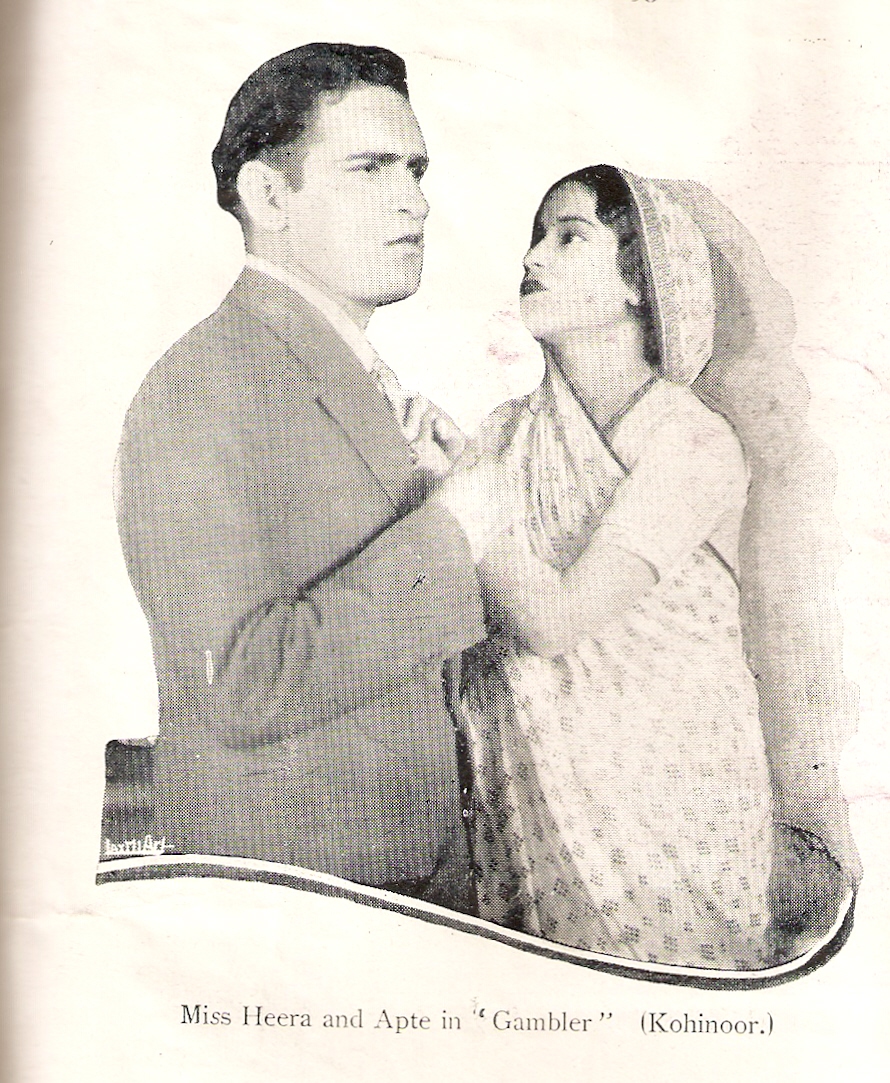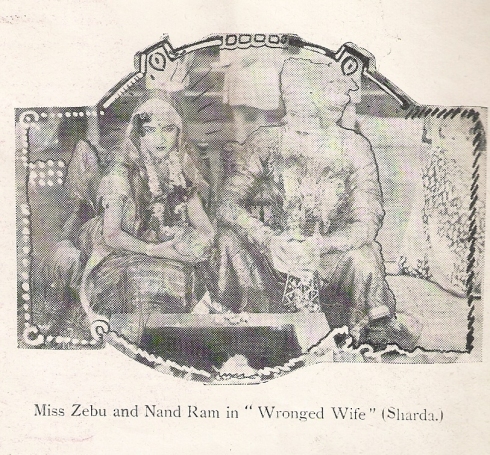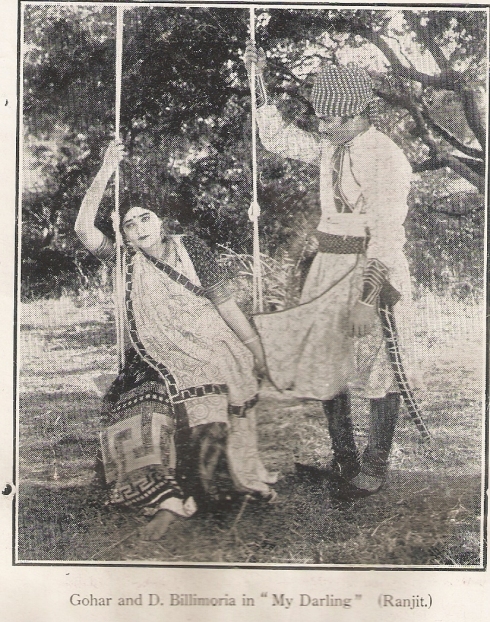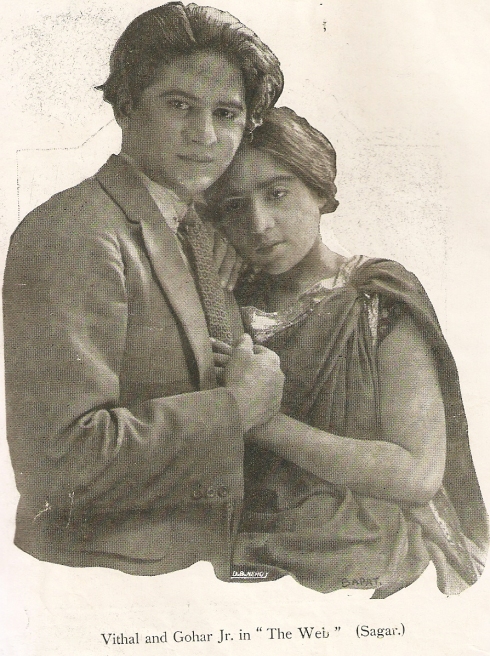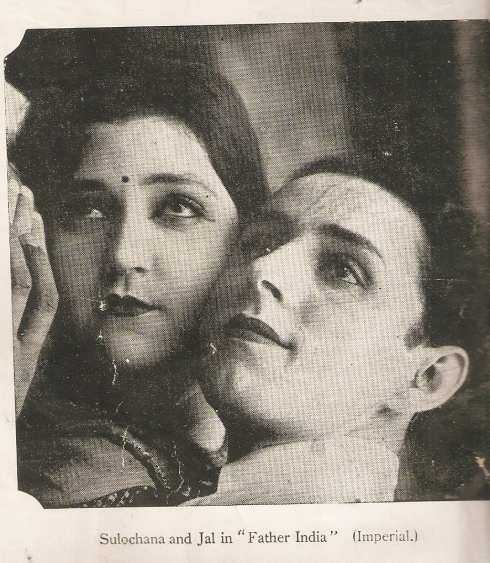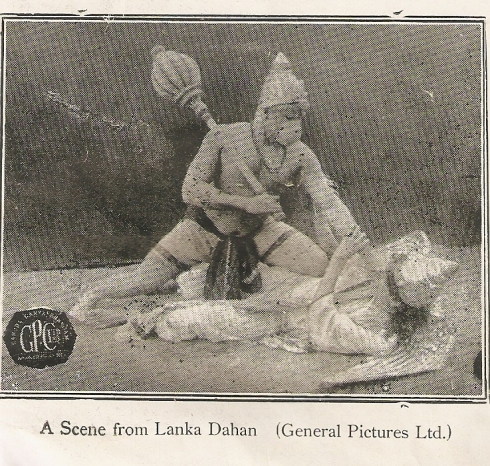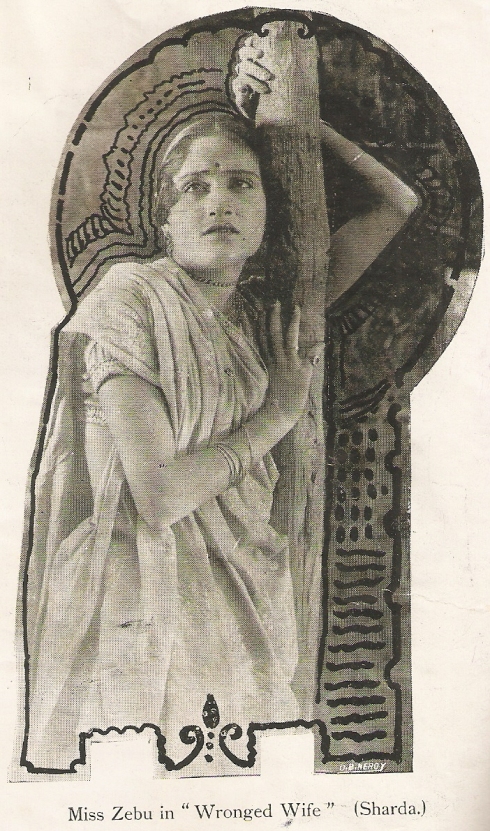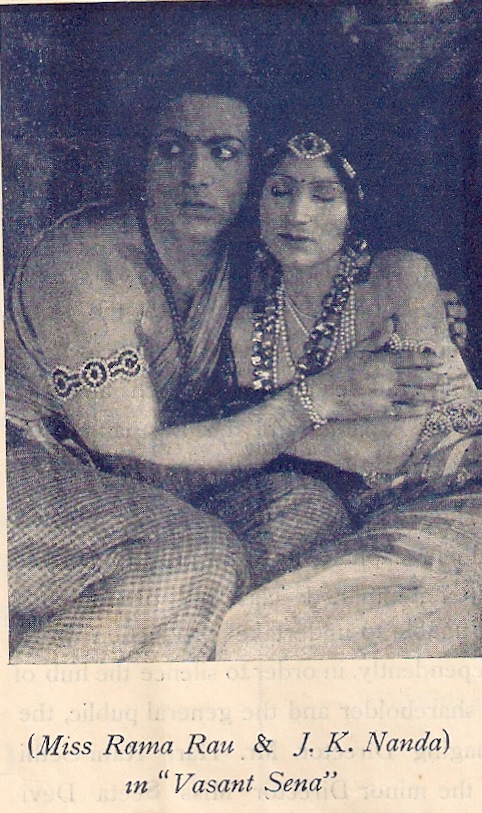In my previous interview with Rufy Khan, we discussed his acting career in films such as Natuanki Saala, Dhara 302, and Kala Sach, as well as his directorial debut with the award-winning short subject Who Dies…? Since that time Rufy, under the non de plume Shahnawaz Baqal, has been quite busy having written, directed, and acted in the recently released feature film Myakut: the Sheep.
The plot of Myakut revolves around Muzzi, a bored and socially inept sheepherder who develops a fixation to online porn which leads him to neglect his shepherding duties and frustrate his boss. Muzzi’s failed attempts to overcome his addiction causes him to lash out in a fit of rage, accidently injuring a tiny lamb. Overcome with guilt, he nurses the innocent creature back to health but then becomes increasingly protective of the animal…to the point of obsession. These and other events lead to a misunderstanding that ends in tragedy. The film has plenty of twists and turns and the viewer discovers that things are not always as they seem!
I recently caught up with Rufy, who was happy to discuss this latest project.
Mike Barnum: Myakut is an unusual and unique film. How did you come up with the idea for it?
Rufy: I was looking for an unusual script and then this Myakut, which means sheep in Kashmiri language, came to my mind. My motive was to show the audience something different which actually they haven’t seen before. At the same time, I wanted to make it beautiful, and that is how I chose the character of a nomad. As you know, these nomads live with sheep in beautiful locations of the Himalayas. So, I thought if I can crack a story within them (nomads), I will be very close to creating a story which will be really different, and in your words, an “unusual” story.
MB: What do you hope audiences will learn from watching your film?
Rufy: To be very frank with you, I never made this film for the people to learn anything from it, my idea was to make people see the unexpected, or in a simple way you can say that I made this film as a thriller. But yes, when I edit and put music and effects to the film, I believe it has a lot to say, and there is something very important for all to learn which is that love can happen with anyone, no matter who, but if that love is true it can change you forever.
MB: the character of Mehbhoob Jaan becomes a very important part of the story. Hers is a complicated and bold character and for this role you cast Lokesh Kumari Sharma, a virtual unknown, whose claim to fame up to this point had been as a contestant on the reality series Bigg Boss.
Rufy Khan and Lokesh Kumari Sharma in Myakut
Rufy: The toughest part of my film was to cast the female lead. It was so tough that once I gave up on this. My casting director introduced me to more than 600 girls for this role, but I was having a picture in my mind for my female lead which I was not getting. I eventually found that face at my gym where I used to work-out. I saw her once keenly and found she is the one which I wanted for the role. Her hair, her body type, her passion towards her workout, her attitude was all which I needed. I fixed a meeting with her and then I narrated her the story and instantly she was on board. Lokesh Kumari Sharma showed professionalism towards her character preparation. She was keen for attending all rehearsals, story sittings, costume rehearsals, dance rehearsals, acting workshops and character development, which helped her to understand her character well.
MB: I was quite impressed with her performance. How do you feel she did in her debut?
Rufy: Lokesh Kumari had her fame from Bigg Boss 10, as she was one of the favorite contestants of Salman Khan. But to be in a reality show can’t be a certificate for a good actor. So, my creative team and I worked with her, whether it was acting, dialogue delivery, body language, dance, or character development. And when we felt she was ready for it then we decided on the film schedule and shoot. I feel she has done a beautiful job as a debut performer, as it was not an easy performance for any newcomer. But she pulled it off like a pro. As a director, as long as you get a passionate actor who is working and delivering nicely, you are a happy man and we all enjoyed working with her. My best wishes to her.
MB: As a filmmaker, do you feel it is important to give newcomers a chance?
Rufy: Yes. I believe we should encourage the newcomer talent. Apart from getting a fresh face we have lots of other benefits by taking a new talent for a major role. But first of all, the newcomer should be talented, that is the first requirement. Secondly, if they are passionate for the work then the director has all he needs. And I believe in most of the cases if we give a chance to a newcomer for a major role, they become passionate and hardworking. That is why I suggest to all filmmakers to take on a fresh talent and see the magic.
MB: Can you tell me about the others in the cast?
Rufy: I am lucky. I worked with talented and experienced actors in the film. The actor who was playing Hanz (Ashraf Nagoo) has worked in acclaimed films like Hamid (2018) and my film Who Dies (2016). Apart from an actor, he is a gem of a person. The other actor, Azad Shah, who plays the older shepherd, surprised us with his preparation on his looks and body language. He actually looked like a nomad! And there were so many actors in the film who were acting for the first time. I actually trained them for their roles, and they didn’t disappoint me.
Lokesh Kumari Sharma and Ashraf Nagoo in a scene from Myakut
RB: Where was Myakut filmed? The location is amazing.
Rufy: Myakut was filmed on the outskirts of Kashmir, in the Himalayan mountains. As far as location was concerned, we made sure to give the audience such a location which they would love. Our large team actually walked to that location in the Himalayas with our heavy equipment where all these shepherds live with their sheep. It was a hell of a ride to reach there, but once we reached, we all had the best of time. The location was so beautiful and isolated from the world that we all fell in love with it. We lived in tourist tents which we brought with us and we shot for a month there.
MB: Did the shoot go smoothly? Did you have any difficulties?
Rufy: All was going smooth when one night we came to know that there is a bear outside our tents who is sniffing our ration which was kept nearby. We all were frightened that day but thanks to the local guide who was with us, he put us out of the situation and saved us. The other major difficulty which happened was that our power generator went down in the middle of the shoot and it was impossible to call the generator guy to such place as it might have taken two days to repair it and we were short of time. So, we then took a decision to not use the drone in many shots as it sucks lots of battery, and we lived without camp lights for last two days to save our already charged batteries. We actually slept in the dark in our camps because we decided to use the remaining charged batteries for the camera and shooting purposes. Those last two days we realized the value of saving power energy and we did it with the proper management and planning. At the end it was a smart decision from all of us to smartly utilize the remaining power we had.
MB: Do you find directing to be as satisfying as acting?
Rufy: As far as satisfaction is concerned, I am more satisfied when I direct. Because you are actually directing all the departments whether it is acting, costumes, casting, set making, make-up, camera angles, lighting, locations, art department, background score, sound, editing, vfx, color grade, film tone, duration, etc. And when the director synchronizes all these departments perfectly then the film has been made. It is heck of a job and if this job is done well, then that is when the real satisfaction comes.
Rufy Khan and Ashraf Nagoo in a scene from Myakut
MB: Was it difficult to direct and act at the same time?
Rufy: Let me tell you, directing and acting happens together. I mean, when you are directing you have to feel yourself in that situation then only you can explain to the actor. In other words, the director should be a good actor. Now, if you are acting then you have to understand how this scene is being taken, which means the actor should be a good director also. So, the actor is directing in his mind at the same time. I believe if the homework is done well then there should be no problem doing acting and directing at the same time.
MB: When you are not working on a film as an actor or as a director, what keeps you busy?
Rufy: This answer will be a bit over the top, but still I am sharing it. When I am not directing or acting, I do a lot of physical activities. I mean that I am a trained martial artist, so I do lots of martial arts and gymnastics and I do go to the gym regularly. Let me tell you, all these things boost my creativity! I keep thinking about new ideas and scripts during my workouts, and I feel I cracked so many ideas while working out at my gym. Isn’t it strange?
MB: Is there anything else you would like to mention about the film?
Rufy: You can find my film on following platforms MX Player, Hungama TV, Airtel Xtreme, and VI Movies. U.S. and U.K. viewers can watch it on Amazon Prime [note: Myakut is also available to stream in the U.S. on Tubi TV].
MB: What is next for you? Have you any new projects in the works?
Rufy: These days my creative team and I are working on two scripts which I am planning to shoot in mid-summer. If the corona virus allows us, we are ready to roll on in July or August this year. I am really excited for this new project, hopefully we can do a Q&A for that soon, as this time it is too early to say anything about it.
MB: You have recently began using the name Shahnawaz Baqal. What was the reason for this change?
Rufy: Well, Shahnawaz Baqal is my certificate [birth] name and I used it from the time when I got some international film festival awards like The Network Peace Film Festival award and Iran Peace Festival award for my previous short film which I directed. The film festival people wanted my real name for the tickets and certificates they issue. So, I thought now I am recognized as Shahnawaz Baqal on the international platform as a director. It was a good feeling to get awards from my first work with this name, so I kept it and I am very happy to be known as Shahnawaz Baqal alias Rufy Khan.
MB: Has your family supported your career as an actor and filmmaker?
Rufy: Initially, in my beginning days, no. I had studied engineering and got a good job which I left. So, everybody was shocked, especially my dad who had expectations from me as he wanted me to pursue my engineering career. It was tough in the initial days. But when work began pouring in for me as an actor and as a model, and people began to recognize me as an actor, then slowly my parents also felt that I was on the right path. Now when I get lots of international awards for my work, they are more than happy with my achievements. But I don’t think I will be satisfied till the end, as the creative world is endless and there is no limit.


